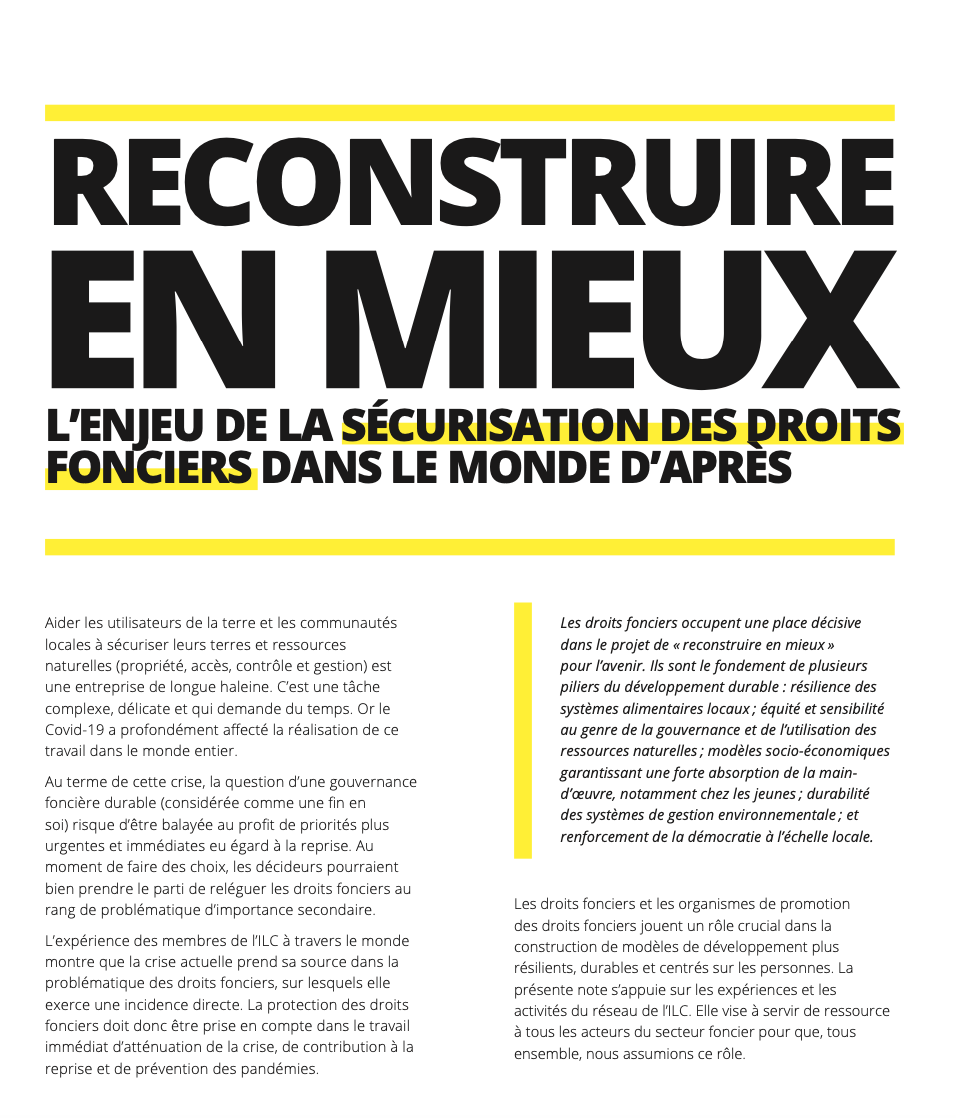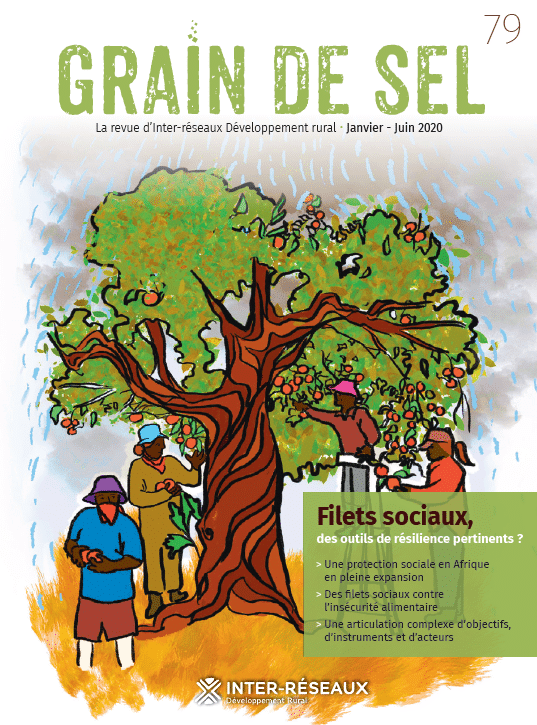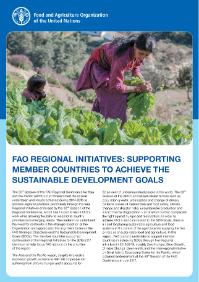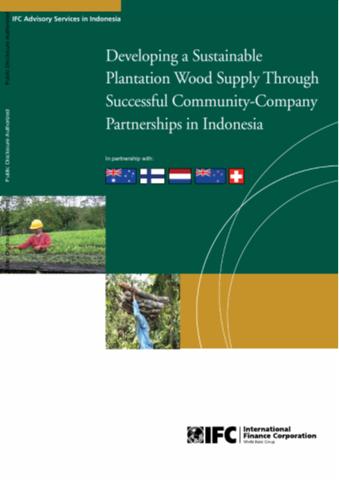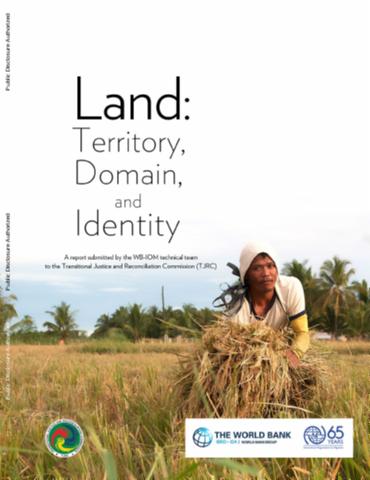Papua New Guinea is a country in Oceania that hosts unique rain forests and forest ecosystems which are crucial for sequestering atmospheric carbon, conserving biodiversity, supporting the livelihood of indigenous people, and underpinning the timber market of the country. As a result of urban…
<em>COVID19 a gravement perturbé nos efforts communs visant à soutenir les luttes des utilisateurs locaux des terres et des communautés pour posséder, contrôler et gérer leurs terres et leurs ressources naturelles.</em>
L'expérience des membres de l'ILC a déjà montré…
La crise de la Covid-19 est venue confirmer l’importance pour les Etats de disposer d’outils d’aide réactifs en cas de choc (économique, climatique, sanitaire) pour appuyer leur population.Garantir la sécurité alimentaire des ménages, réduire la pauvreté et la vulnérabilité et soutenir le…
The Panguna mine on the Pacific island of Bougainville is one of the largest copper and gold deposits in the world.
The mine was also at the center of a decade-long civil war fought between the Bougainville Revolutionary Army and the Papua New Guinea Defense Force in the 1990s. The…
The Asia-Pacific region, despite impressive economic growth, is home to 490 million people still suffering from chronic hunger and it accounts for 62 percent of undernourished people in the world. Other trends and topics that need to be taken into account include population growth, urbanization…
Since the early 1990s, the industrial timber plantation (Hutan Tanaman Industri - HTI) scheme has been intended to serve as a major source of timber to meet domestic and export demand. The need to meet a large gap between legal wood supply and demand for forests products has been the recent…
Since the early 1990s, the industrial timber plantation (Hutan Tanaman Industri - HTI) scheme has been intended to serve as a major source of timber to meet domestic and export demand. The need to meet a large gap between legal wood supply and demand for forests products has been the recent…
It is acknowledged that conflict over land is a major source of violence in various parts of Mindanao, particularly the prosed Bangsamoro region. Historical accounts trace the root cause of land issues and identity-based conflict to the introduction of the Regalian doctrine of land ownership by…
It is acknowledged that conflict over land is a major source of violence in various parts of Mindanao, particularly the prosed Bangsamoro region. Historical accounts trace the root cause of land issues and identity-based conflict to the introduction of the Regalian doctrine of land ownership by…
These case studies were developed as part of the World Bank's Results Monitoring and Evaluation for Resilience Building Operations (ReM&E) project, which aims to develop and increase the application of systematic, robust, and useful approaches to monitoring and evaluation (M&…


